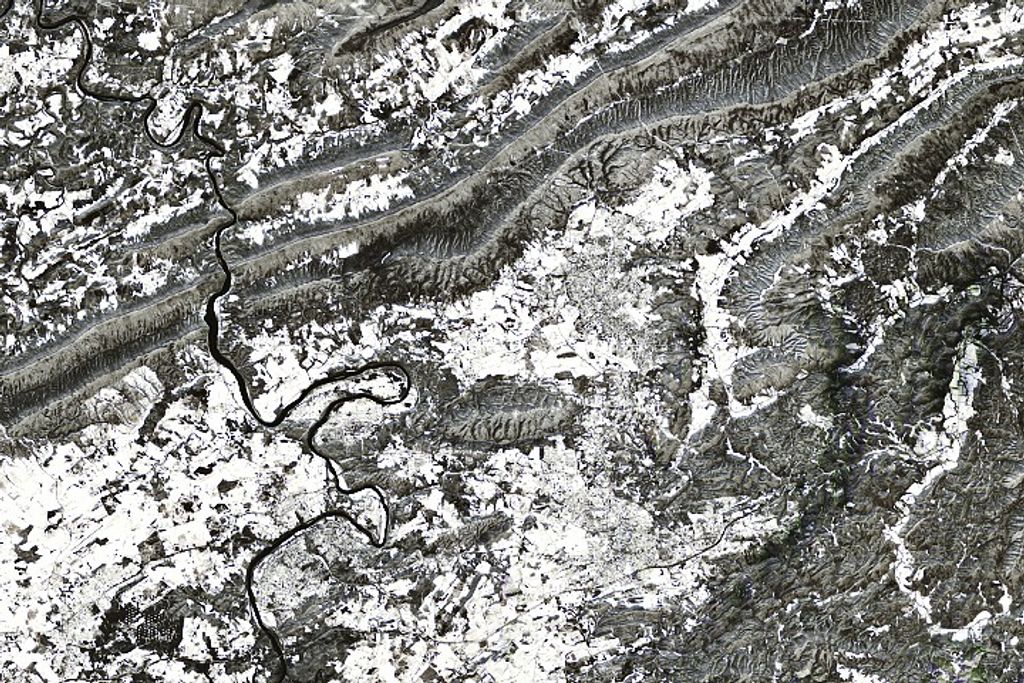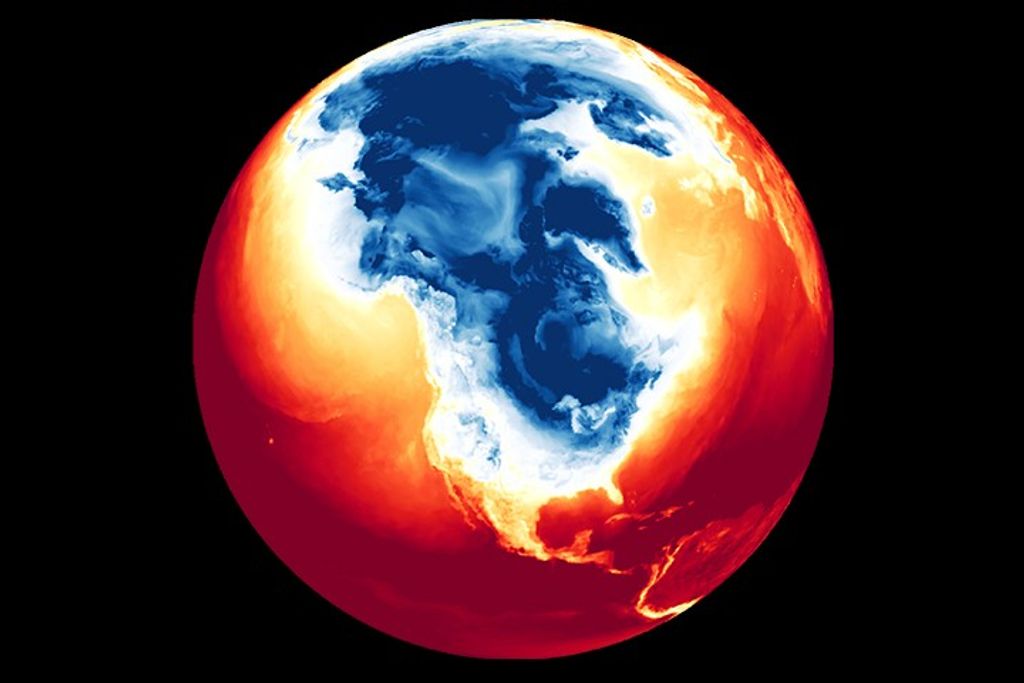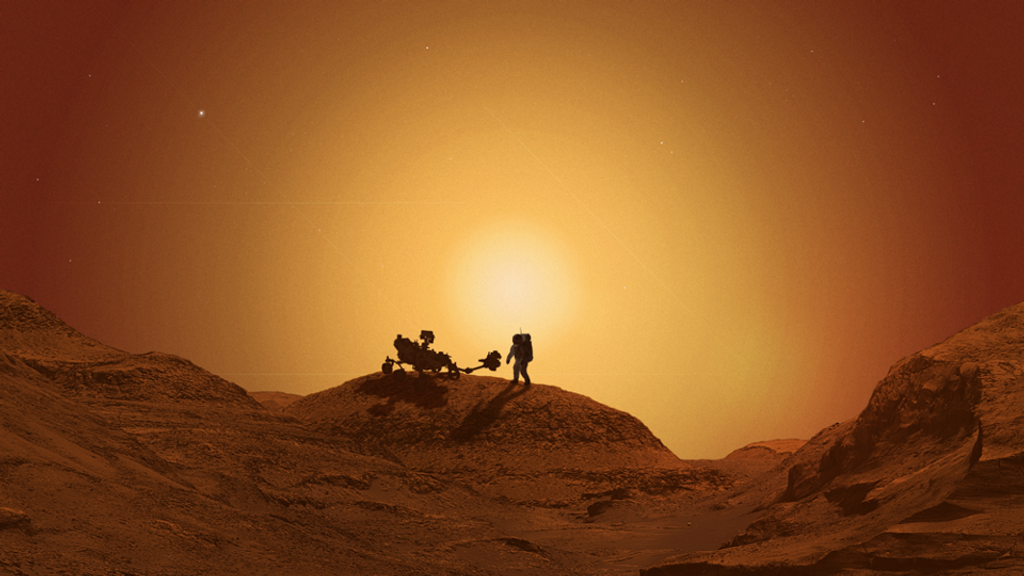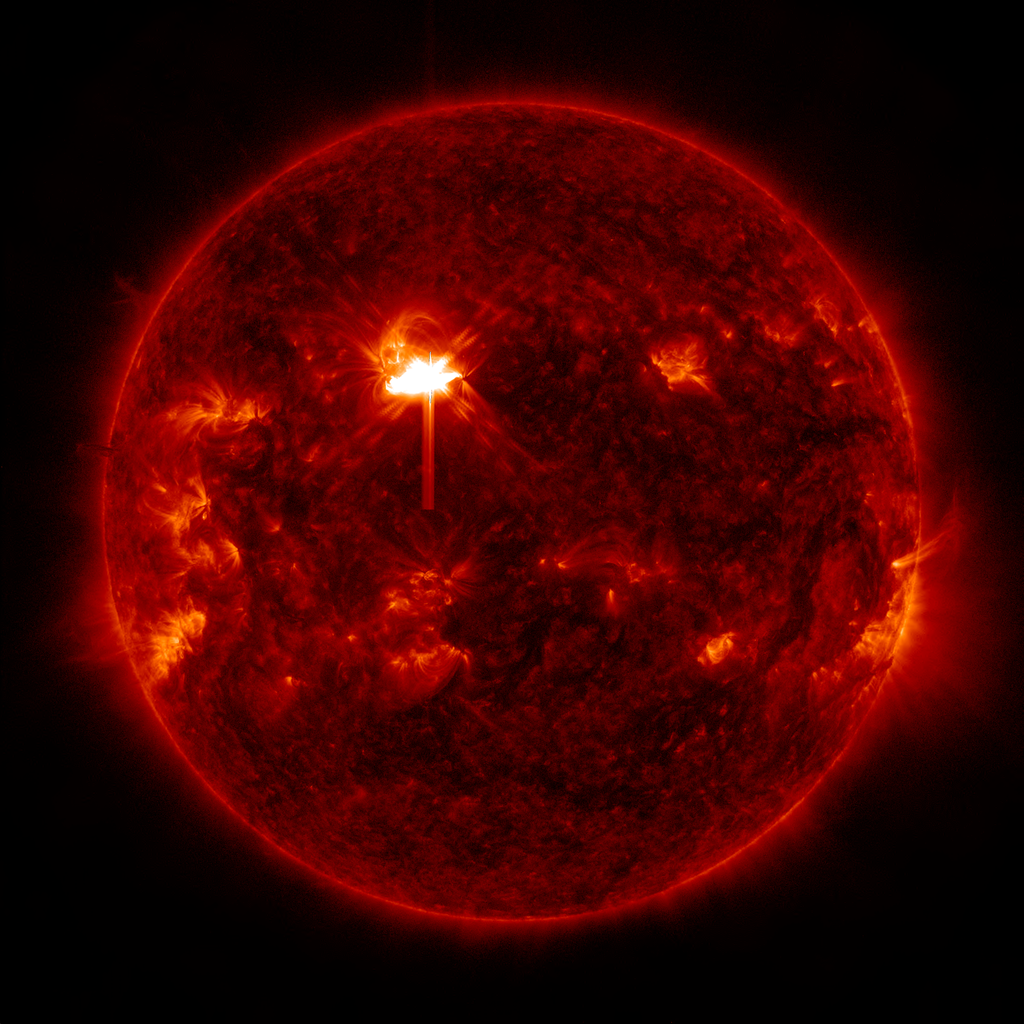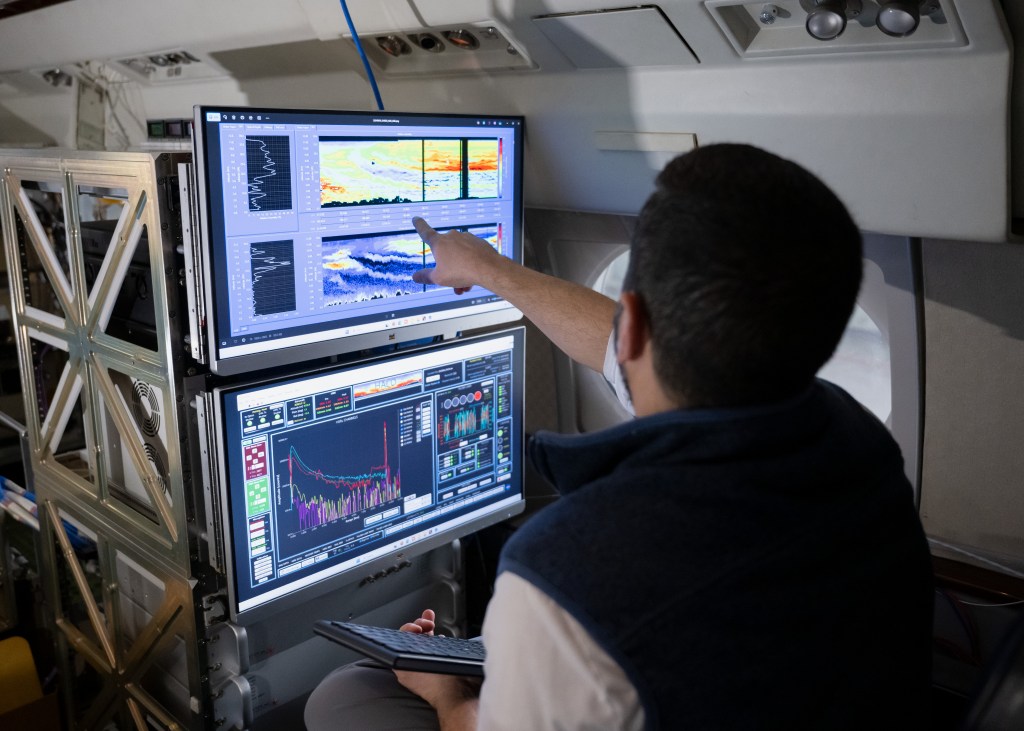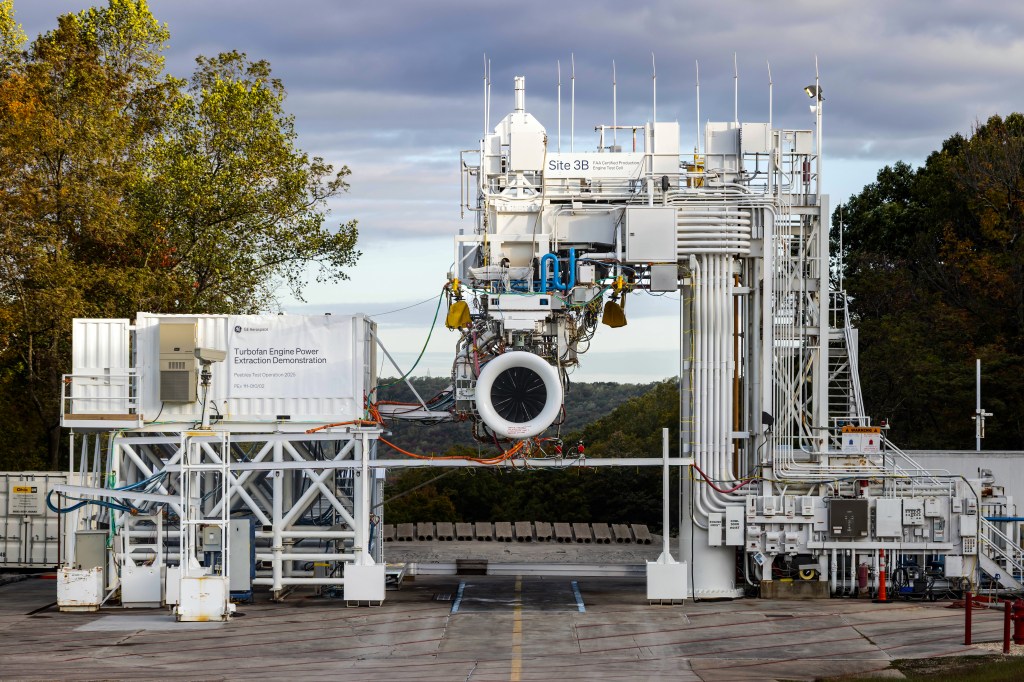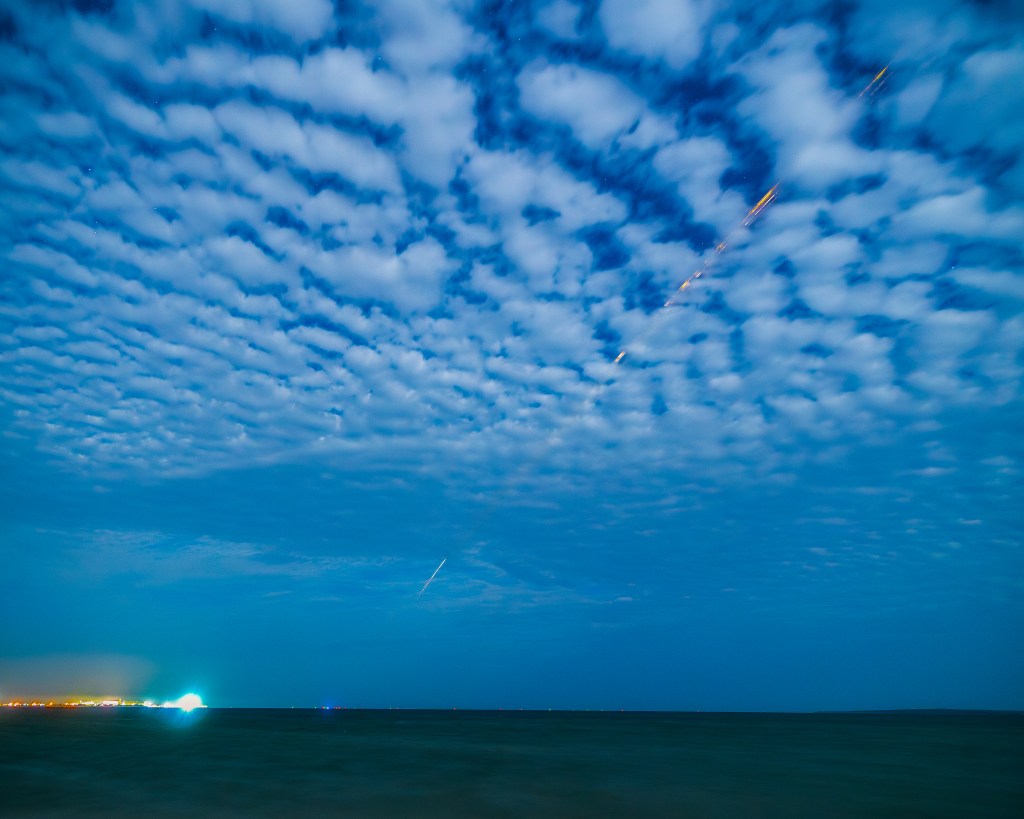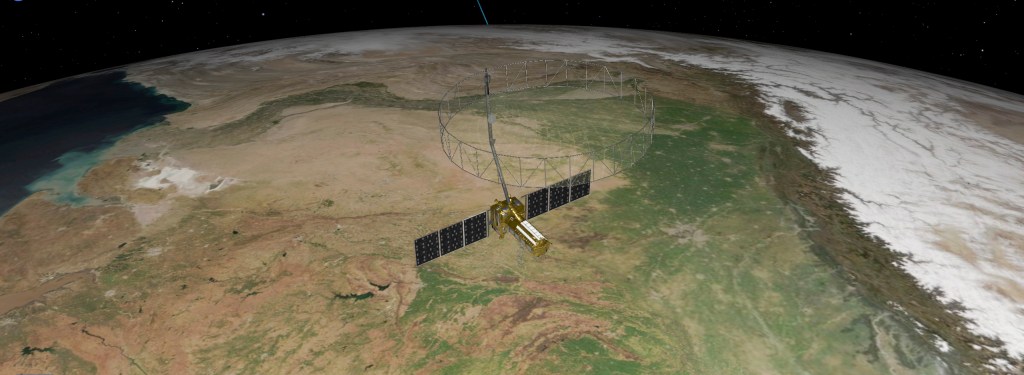As humanity pushes further into space to explore our world and the universe around us, a trail of orbital debris is left behind. But what might be considered space junk could actually be turned into valuable resources. NASA is tasking the public to consider how we might make use of these materials and help determine whether recycling of space assets can be cost-effective.
The NASA Orbital Alchemy Challenge seeks to inspire innovators of all ages, skills, and interests to help determine how humanity can make use of orbital debris to explore the cosmos in a more sustainable way.
While some spacecraft do return to Earth and burn up in the atmosphere, others continue to orbit for years. Some satellites are moved into special orbits at the end of their operational life, whereas others remain in their original orbit due to premature equipment failures. As of 2021, the NASA Orbital Debris Program Office estimates that the total amount of debris in orbit exceeds 8,000 metric tons (17 million pounds). But much of this material is not trash. Valuable resources such as aluminum, titanium, steel, Kevlar, plastics, silicon, ceramics, and residual fuels may be recycled for future use.
“Every kilogram of space debris that can be recycled is one less kilogram that needs to be launched,” said Bryan Biegel, Special Assistant for Exploration Technology at NASA’s Ames Research Center in California’s Silicon Valley. “That saves time, fuel, and money. We’re excited to see how the innovation community answers the call and creatively approaches this challenge.”
Solvers should envision technologies or approaches that recycle large space debris and end-of-life spacecraft, obtaining usable materials without creating new orbital debris. The challenge targets those objects with the largest mass, typically greater than 1 metric ton, such as upper stage rockets and large satellites. Participants are asked to consider all aspects of recycling space debris, including safety operations, disassembly, cleaning, feedstock forming, and storage.
The top 10 ideas will share a prize purse of $55,000. Submitters may also be invited to the Defense TechConnect Innovation Summit and Expo in September 2022 and participate in continued conversations with NASA experts. The submission deadline is May 27, 2022.
—
TechConnect Ventures is hosting the Orbital Alchemy Challenge on behalf of NASA. The NASA Tournament Lab, part of the Prizes, Challenges, and Crowdsourcing program in the Space Technology Mission Directorate, manages the challenge. The program supports public competitions and crowdsourcing as tools to advance NASA research and development and other mission needs.
Learn more about opportunities to participate in your space program via NASA prizes and challenges at:









